Course Information
The Healthy Start Community Health Worker (CHW) Course provides baseline (introductory) training toward the achievement of perinatal health competencies and core competencies needed to fulfill the roles and responsibilities of a CHW in the Healthy Start program.
Audience
CHWs working in Healthy Start programs, whether they are directly employed or subcontracted by the Healthy Start program.
CHWs (trusted, frontline but usually non-licensed staff who work directly with participants) go by many names in local Healthy Start programs, including navigator, parent advocate, family educator, male involvement coordinator, fatherhood engagement specialist, and outreach worker, among others–and this course is for all of them.
While the primary audience of the course is CHWs, it is open to any Healthy Start staff member who wants to take it, including supervisors, nurses and social workers, trainers, and managers.
Find out more
Healthy Start Community Health Worker Course FAQs (Updated 4/2/2019)
Course Registration
In order to to access the course, track your progress through the course, and collect badges you will need to register as a user with the Healthy Start EPIC Center online community.
Create an account
Register Now!Create an account to access the course and additional features, such as posting to the forum and viewing other members. Note that registration is limited to current Healthy Start grantees.
Already registered?
Enter Part 1 of the Healthy Start Community Health Worker Course
Enter Part 1 Here!Are you logged in as a user and ready to begin Part 1 of the Healthy Start Community Health Worker Course?
Part 1: Healthy Start 101 & Perinatal Health Modules

Healthy Start 101
By the end of the Healthy Start 101 Module, you will be able to:- Describe the core services, philosophy, and goals of Healthy Start, as well as the populations the program serves.
- Describe the 5 Healthy Start approaches and corresponding benchmarks.
- Describe the roles each team member plays in achieving Healthy Start program goals.
- Describe the unique structure of the local Healthy Start program and how the CHW role fits in with the local Healthy Start team.
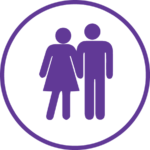
Preconception & Interconception Health
By the end of the Preconception/Interconception Health Module, you'll be able to:- Explain what preconception/interconception care is, why it is important, and discuss its basic components.
- Assist participants in developing and carrying out a Reproductive Life Plan.
- Educate about pre-pregnancy behaviors that can help achieve a healthy pregnancy and birth outcome.
- Identify medical and social risk factors that might put a future pregnancy at risk.
![]()
Prenatal Health
By the end of the Prenatal Health Module, you will be able to:- Explain what prenatal care is, why it is important, and discuss its basic components.
- Educate about healthy behaviors in pregnancy.
- Identify warning signs and symptoms that mother and/or baby may be at risk and take action if necessary to connect participants to appropriate services.
- Help mother (and father/partner) prepare for labor and delivery, breastfeeding, care of the newborn baby, and family planning after delivery.
![]()
Postpartum Health
By the end of the Postpartum Health Module, you will be able to:- Explain what postpartum care is, why it is important, and discuss its basic components.
- Identify warning signs and symptoms that mother and/or baby may be having a serious medical problem and take action if necessary to connect participants to appropriate services.
- Recognize signs of postpartum depression and assist women in obtaining care.
- Educate about the importance of breastfeeding, answer questions about breastfeeding, and encourage continuing breastfeeding for at least 6 months, and navigate referrals as appropriate.
- Discuss reproductive life planning, the importance of spacing pregnancies, and contraceptive methods and how to obtain them.
![]()
Parenting & Child Development
By the end of the Parenting & Child Development Module, you will be able to:- Explain the importance of well child visits including immunizations, and assist participants in finding a medical home for their infant/child and keeping recommended appointments.
- Educate about infant safety, including safe sleep practices for baby.
- Discuss the importance of and promote father/partner engagement with the infant/child.
- Identify and recognize milestones in child development and take action if necessary to connect participants to appropriate services.
- Discuss the importance of ongoing parent-child interactions, including reading to infants/children every day.
Enter Part 2 of the Healthy Start Community Health Worker Course
Enter Part 2 Here!Are you logged in as a user and ready to begin Part 2 of the Healthy Start Community Health Worker Course?
Part 2: CHW Roles Modules
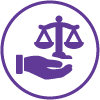
Scope of Practice & Core Values
By the end of the Scope of Practice & Core Values Module, you'll be able to:- Describe the scope of practice for Healthy Start CHWs.
- Understand core values of Healthy Start CHWs.
- Define confidentiality and its limits.
- Understand how to handle challenging situations with participants.
- Promote self-care and personal safety.
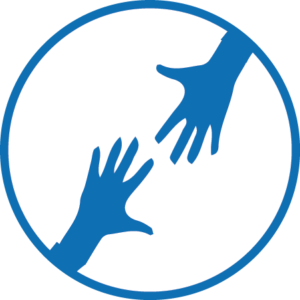
Outreach
By the end of the Outreach Module, you will be able to:- Establish and maintain cooperative, trusting relationships with individuals, families, and clinical/community-based organizations.
- Identify and share appropriate Healthy Start information and encourage and/or navigate referrals from clinics, community-based organizations, community members, and current participants.
- Use a range of outreach methods to engage individuals and groups in diverse settings.
- Remain aware of possible safety risks for self, participants, and team members when conducting outreach.
- Understand organizational policies and procedures and ensure outreach is conducted consistent with these policies and procedures.
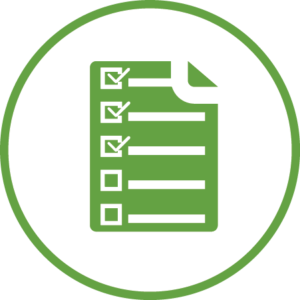
Participant Screening & Community Assessment
By the end of this module, you will be able to:- Gather information from different sources, including Healthy Start participant screening and community assessment tools, to better understand participants, their families and their communities.
- Assess barriers to accessing health care and other services.
- Help participants to identify their goals, barriers to change, and supports for change, including personal strengths and problem-solving abilities.
- Use Healthy Start forms and/or data collection tools as required.
- Understand organizational policies and procedures and ensure screening and assessment is conducted consistent with these policies and procedures.
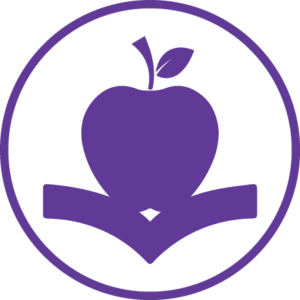
Health Education
By the end of the Health Education Module, you will be able to:- Understand fundamentals of behavior change.
- Support healthy behaviors by recognizing and building upon participant needs, goals, strengths, and current abilities to work on achieving their goals.
- Apply person-centered approaches for helping people understand and feel empowered to address health risks for themselves, their family members, or their communities.
- Facilitate constructive discussion in informal and group settings with participants and their families.
- Provide ongoing support and follow-up as necessary to support healthy behavior change.
- Understand organizational policies and procedures and ensure health education is conducted consistent with these policies and procedures.
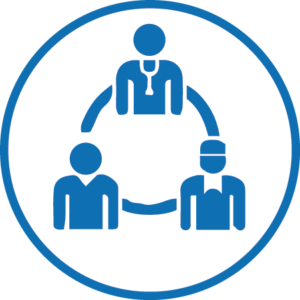
Care Coordination
By the end of the Care Coordination Module, you will be able to:- Obtain and share up-to-date eligibility requirements and other information about health insurance, public health programs, social services, and additional community resources to protect and promote maternal, child, and family health.
- Navigate referrals/connections to Healthy Start programming, clinical care, and community resources to help participants and their families meet medical and basic social needs.
- Assist participants in decision making about their health and health care.
- Understand the roles each team member plays in care coordination.
- Understand organizational policies and procedures and ensure care coordination is conducted consistent with these policies and procedures.
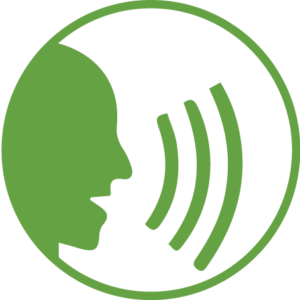
Participant Empowerment & Community Engagement
By the end of this module, you will be able to:- Encourage participants to identify and prioritize their personal and family needs and use available resources to meet their needs and goals.
- Provide information and support for participants to advocate for themselves over time and to participate in the provision of improved services.
- Apply principles and skills needed for identifying and developing community leadership and encouraging participant involvement with the community action network (CAN).
- Understand organizational policies and procedures and ensure advocacy is conducted consistent with these policies and procedures.
Contact Us
Questions or technical issues? Please contact the Healthy Start EPIC Center by email: [email protected]

